Vaccinated people are three times less likely to contract the Covid-19 Delta variant.
In the 30-50 age group, the risk of admission to hospital is ten times lower if people are vaccinated.
In the 60 to 80 age group, the risk of death is 25 times higher for unvaccinated people.
These are just some of the conclusions drawn from a study that was presented by Spain’s Health Ministry on Tuesday.
Every week from now on, the ministry headed by Carolina Darias has decided to share with the Spanish public stats from the pandemic’s infection, hospitalisations and deaths indexes that contrast the data between vaccinated and unvaccinated.
The objective is for the Spanish public to “value” vaccines and their positive effects as well as to continue insisting on the importance of getting vaccinated to stop the virus in its tracks.
The new strategy comes as Europe is again the epicentre of the coronavirus, accounting for two thirds of active global cases (2.4 million).
“The new ECDC and EU risk assessment is clear: we must step up vaccination to control the pandemic,” tweeted European Commission President Ursula Von der Leyen on Wednesday, adding that the EU’s vaccination coverage of under 70 percent “gives a wide margin for the spread of the virus”.
In Spain, where infections are rising every day, the situation is still markedly better than across the continent, largely thanks to the fact that almost 90 percent of the eligible population is now fully vaccinated.
Nationwide Covid hospitalisations, ICU admissions and deaths all remain low.
So even though the current infection rate (149 cases per 100,000 people) is similar to that seen last March, the number of people ending up in hospital or dying from Covid now is much lower than 9 months ago.
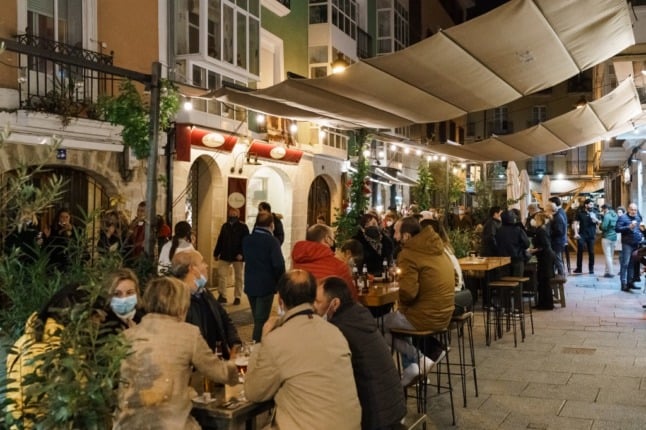
The Spanish psyche
The truth is that Spain, which was hit hard by the first waves of the pandemic, has barely had to convince its citizens to get vaccinated against the coronavirus since its campaign began in late December 2020.
Since inoculations were approved by the WHO and EMA, any previous vaccination hesitancy has faded away in most cases.
Spain’s successful campaign has proven that there isn’t the same degree of mistrust in government, healthcare or big pharma as in other European countries, nor large conspiracy-driven networks sowing doubt online.
Talk to people in Spain and there’s a sense that they just want to ‘get on with it’ and get back to normal life, that there is no individual freedom without public wellbeing, no me without you.
You see it also in the public’s willingness to continue wearing face masks outdoors when they’re no longer necessary in most situations.
Some may see it as excessively subservient behaviour from a people not famed for always following the rules, but Spaniards’ civic responsibility is a crucial advantage the Spanish government has over its European counterparts.
READ ALSO:
- Why is German-speaking Europe lagging on Covid vaccines?
- Could Spain lock down its unvaccinated or make Covid vaccines compulsory?
The remaining unvaccinated
For the past few months however, the approximate figure of 4 million unvaccinated people has remained unchanged in Spain, almost stagnant long after all age groups over 12 were called on to get vaccinated earlier in the year.
This fortunately now appears to be changing.
In fact, 72,000 people received their first dose over the past week in Spain, a 25 percent weekly increase.
Regional authorities are putting pressure on Spain’s Health Ministry to impose a national Covid health pass to keep the unvaccinated out of the country’s bars and restaurants over Christmas, but Carolina Darias insists that rather than restrictions the focus should be on vaccination and offering information to convince the unvaccinated.
Claiming this resurgence in vaccination in Spain is only down to the fact-based, non-threatening approach of Spain’s Health ministry wouldn’t be true.
There are numerous other possible reasons for this change of heart among the unvaccinated, from fear of contracting the virus as Spain’s sixth wave slowly gathers pace to the possibility of limitations over Christmas if the Covid health pass is approved in some places.
But the stance of the Spanish government is no doubt playing a pivotal role.
There’s never been any talk of mandatory vaccination nor threats of restrictions just for the unvaccinated, whose fundamental rights have been consistently protected by the courts.
Getting vaccinated remains their choice and Spain’s health department would rather feed them the science-based facts and let them decide than force them into a corner.
They’re not claiming that vaccines are 100 percent effective, but they’re giving them the data that proves there’s a lower risk of contracting the virus if you are vaccinated and a much lower chance of ending up in hospital or dying from the virus if inoculated.
So far, the message and the approach appear to be working.
READ ALSO:

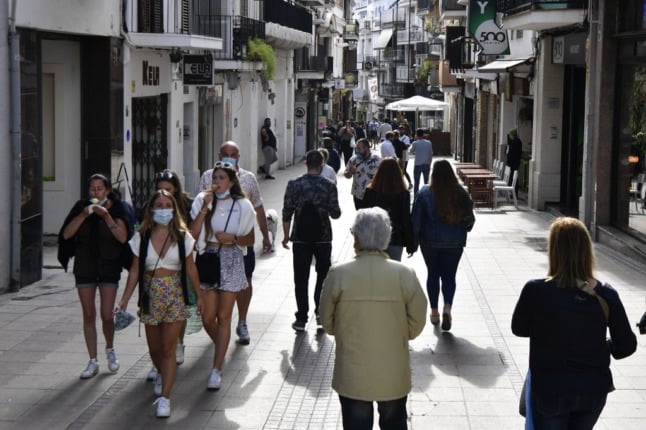
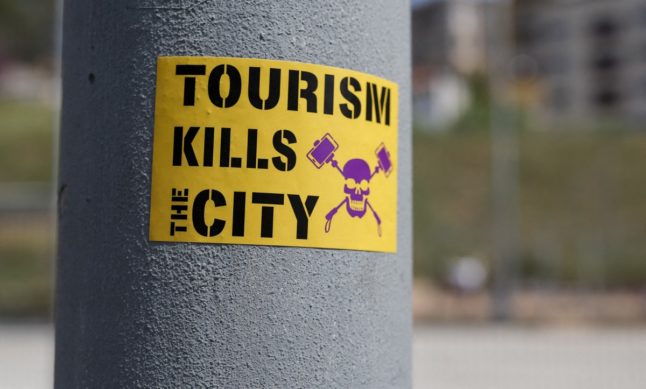
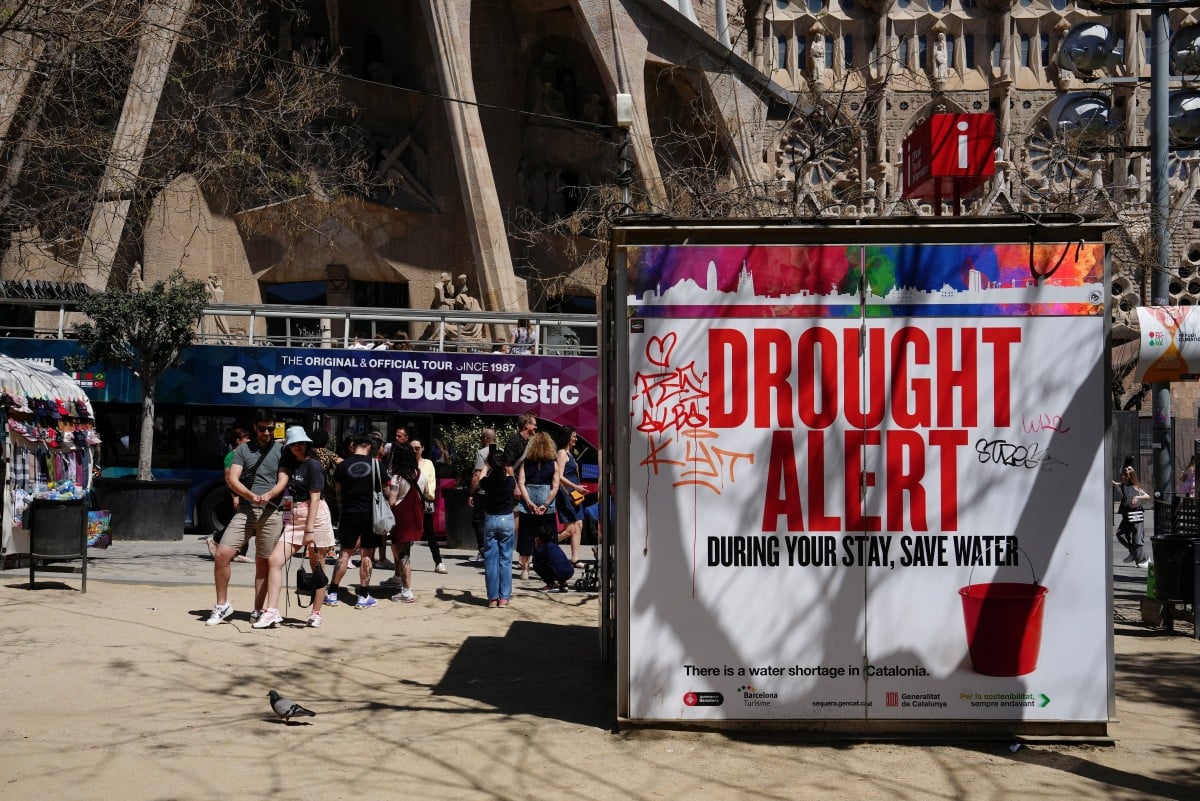
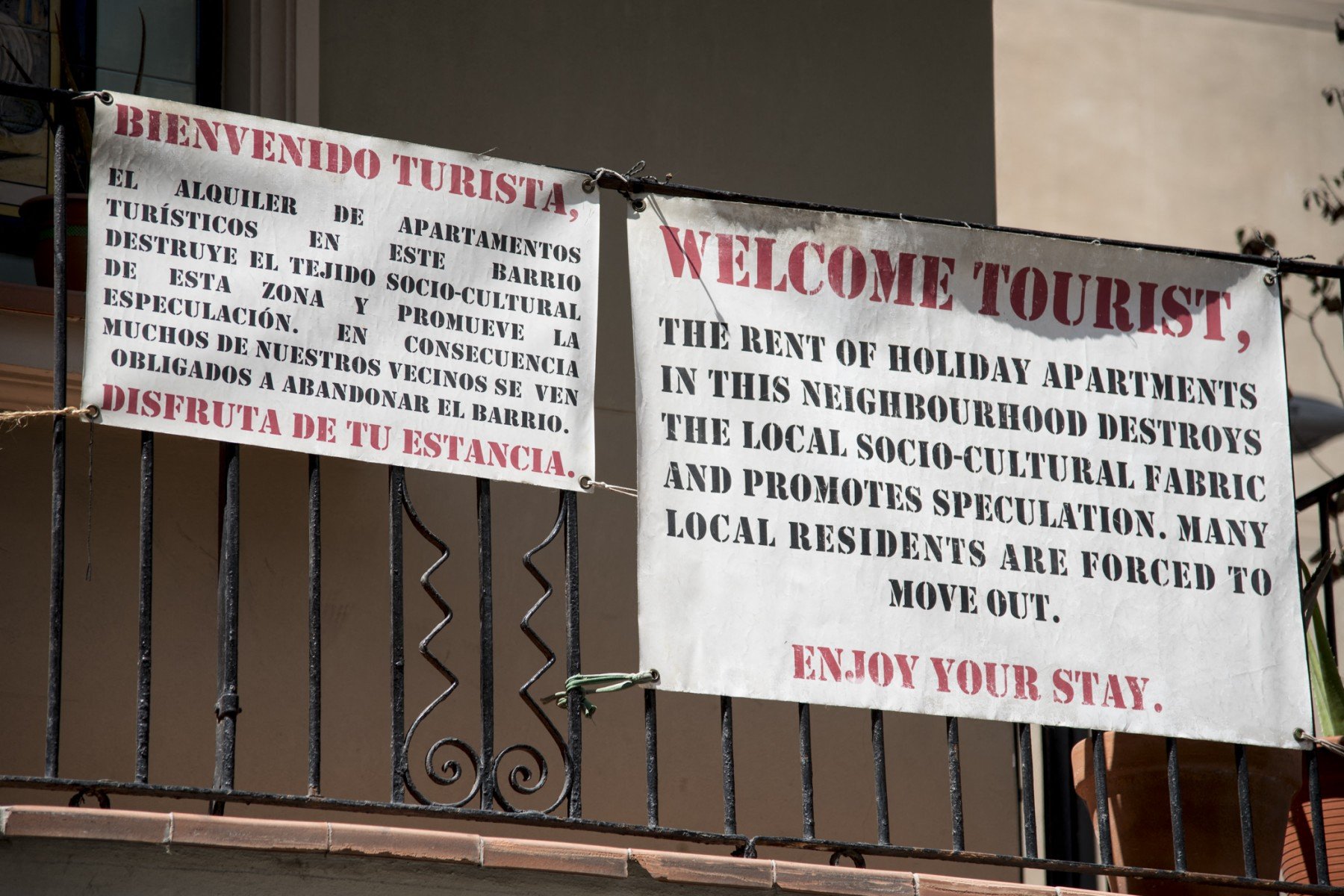
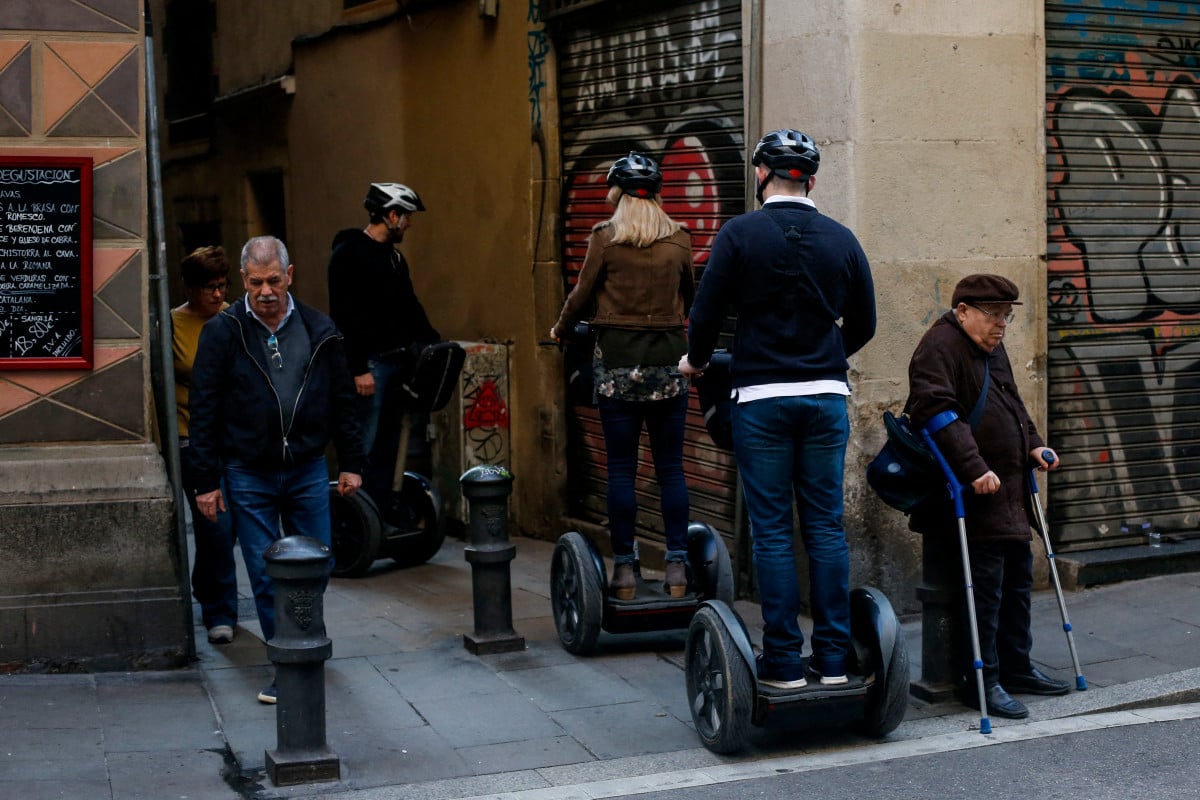
 Please whitelist us to continue reading.
Please whitelist us to continue reading.
Fascism lite